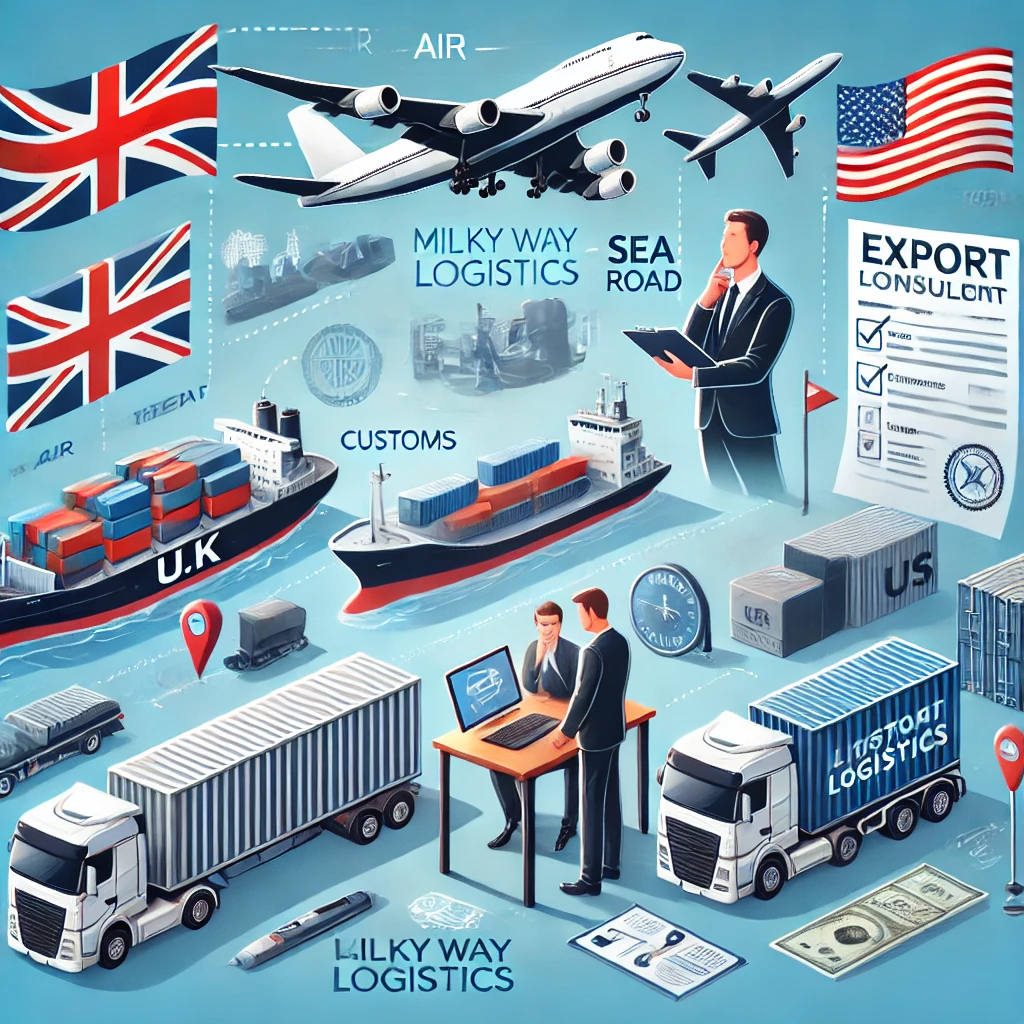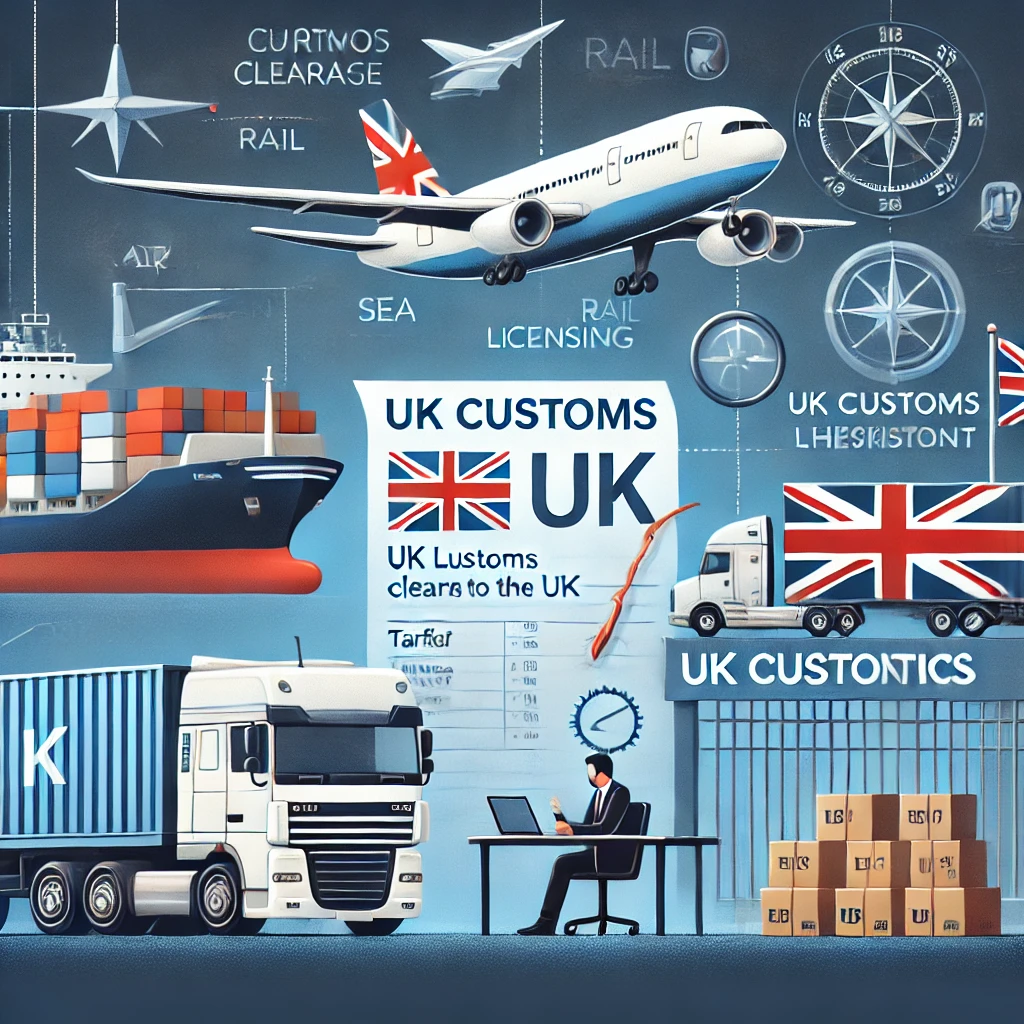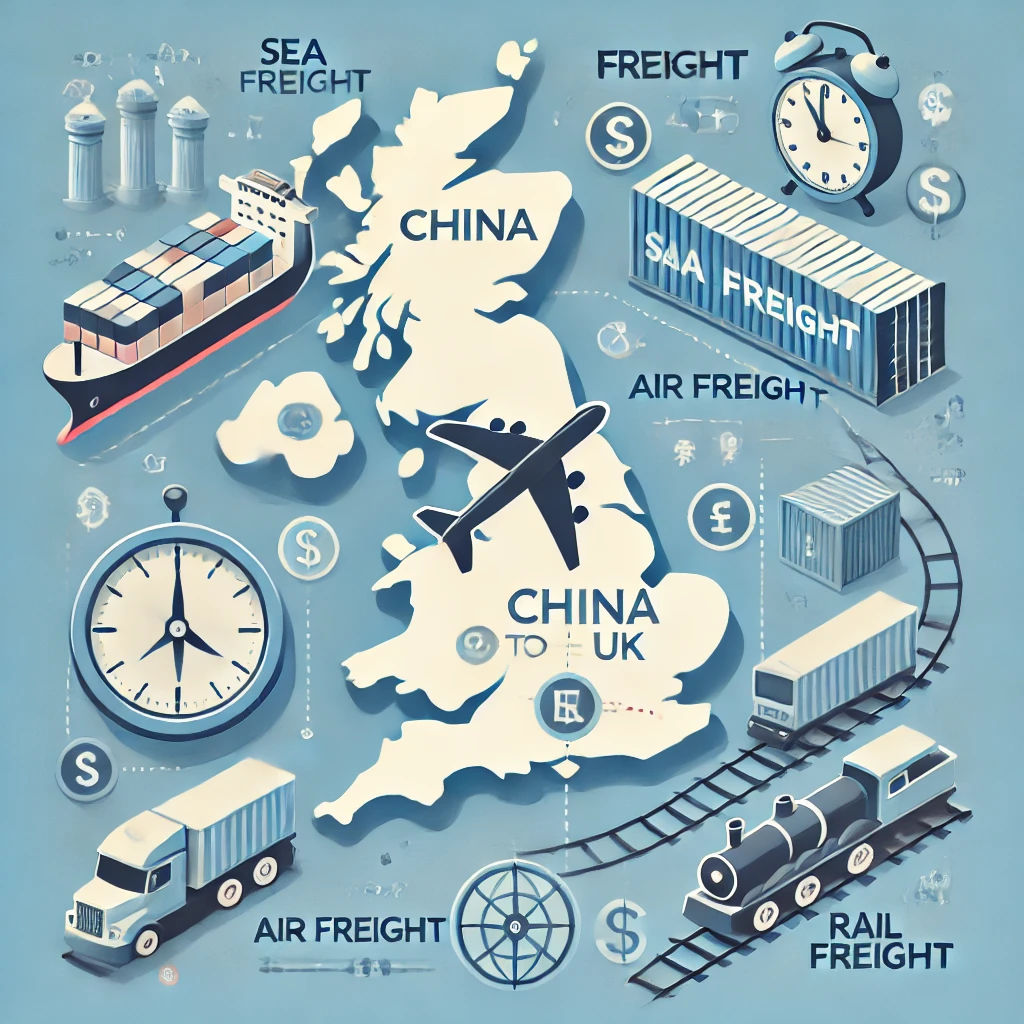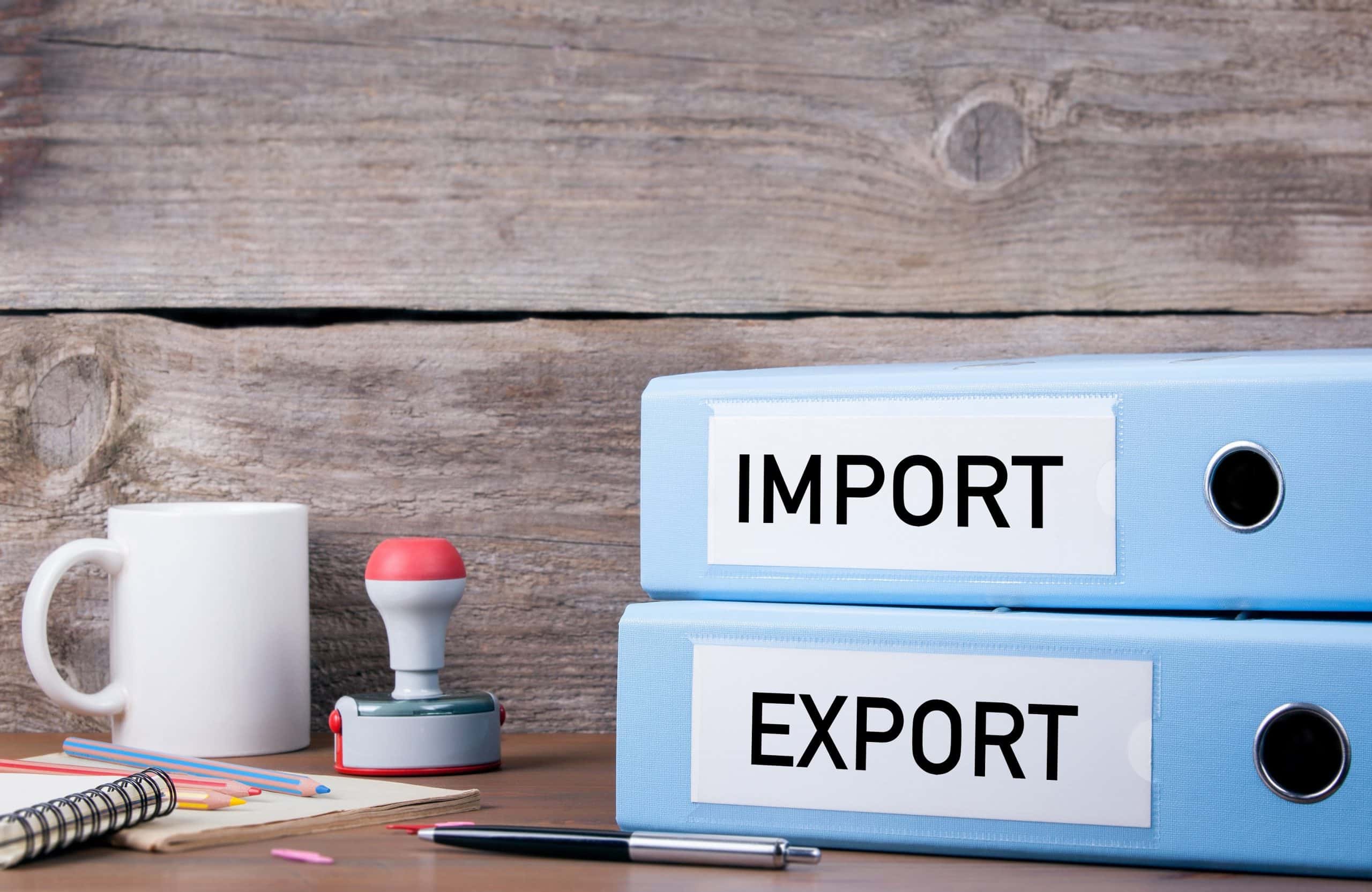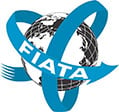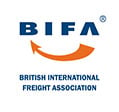How Long Does It Take to Export from the UK to the US? A Comprehensive Guide
When engaging in international trade, one of the most critical factors businesses consider is transit time. Understanding the shipping time from UK to US is essential for planning, customer satisfaction, and overall supply chain efficiency. In this comprehensive guide, we’ll explore the various shipping options available—from air freight and sea freight to courier services—and how each affects the shipping time from the UK to the US. We’ll also highlight how Milky Way Logistics can streamline this process, ensuring your goods reach their destination promptly and securely.
Understanding the Shipping Time from UK to US
The shipping time from UK to US varies based on several factors, including the mode of transportation, origin and destination points, customs clearance, and the nature of the goods. Let’s delve into each shipping method to give you a clearer picture of transit times and what to expect when exporting from the UK to the US.
Air Freight: The Fastest Shipping Method
Air freight is the quickest way to transport goods internationally. It’s ideal for time-sensitive shipments where speed outweighs cost considerations.
Average Shipping Time
- Transit Time: Air freight typically takes 1 to 3 days for direct flights.
- Door-to-Door Delivery: Including customs clearance and inland transportation, the total shipping time from UK to US can range from 3 to 7 days.
Factors Affecting Air Freight Shipping Time from UK to US
- Flight Availability: Frequency of flights between specific airports.
- Customs Clearance Efficiency: Proper documentation accelerates the process.
- Weather Conditions: Adverse weather can cause delays.
Milky Way Logistics Air Freight Services
At Milky Way Logistics, we offer premium air freight solutions to reduce the shipping time from UK to US. Our strong partnerships with major airlines ensure space availability and competitive rates. We handle all logistics aspects, from packaging to customs documentation, minimizing delays and ensuring your cargo reaches its destination swiftly.
Sea Freight: Cost-Effective for Large Shipments
Sea freight is the most economical option for transporting large volumes of goods. While it has a longer shipping time from UK to US compared to air freight, it’s ideal for non-urgent shipments.
Average Shipping Time
- Transit Time: Sea freight usually takes 10 to 30 days depending on the departure and arrival ports.
- Door-to-Door Delivery: Including customs and inland transit, the total shipping time from UK to US can be between 15 to 40 days.
Factors Affecting Sea Freight Shipping Time from UK to US
- Port Congestion: Busy ports may increase wait times.
- Shipping Routes: Direct routes reduce transit times.
- Vessel Schedules: Frequency and reliability of shipping lines.
Milky Way Logistics Sea Freight Services
Milky Way Logistics offers comprehensive sea freight services to optimize the shipping time from UK to US. With options for Full Container Load (FCL) and Less than Container Load (LCL), we tailor our services to your needs. Our expertise in route optimization and partnerships with reputable carriers ensure efficient transit and cost savings.
Courier Services: Ideal for Small Parcels and Documents
For smaller shipments, courier services provide a balance between speed and cost, making them suitable for parcels and important documents.
Average Shipping Time
- Transit Time: Courier deliveries typically take 2 to 5 days.
- Door-to-Door Service: Comprehensive handling from pickup to delivery.
Factors Affecting Courier Shipping Time from UK to US
- Service Level: Standard vs. express options.
- Customs Clearance: Swift processing depends on accurate documentation.
Milky Way Logistics Courier Solutions
At Milky Way Logistics, we collaborate with leading courier companies to offer reliable services that reduce the shipping time from UK to US. Our solutions include express options for urgent deliveries and standard services for cost efficiency, all while ensuring your items are handled with care.
Customs Clearance and Its Impact on Shipping Time
Customs clearance is a crucial component that can affect the overall shipping time from UK to US. Delays in customs can significantly extend transit times.
How Milky Way Logistics Enhances Customs Clearance
- Expert Knowledge: Our team stays updated on US customs regulations.
- Accurate Documentation: We prepare all necessary paperwork to prevent delays.
- Pre-Clearance Services: Initiating the customs process before arrival to expedite clearance.
By efficiently managing customs procedures, Milky Way Logistics helps minimize the shipping time from UK to US, ensuring timely deliveries.
Factors Influencing Shipping Time from UK to US
Several elements can impact the shipping time from UK to US across all transportation modes:
- Origin and Destination Locations: Remote areas may require additional transit time.
- Transportation Mode: Air freight is faster but more expensive than sea freight.
- Carrier Reliability: Choosing reputable carriers reduces the risk of delays.
- Seasonal Demand: Peak seasons can lead to longer shipping times due to high volume.
- Global Events: Situations like strikes or pandemics can disrupt schedules.
Optimizing Shipping Time with Milky Way Logistics
Milky Way Logistics employs several strategies to reduce the shipping time from UK to US:
- Advanced Planning: Scheduling shipments to avoid peak congestion periods.
- Route Optimization: Selecting the most efficient paths for transit.
- Real-Time Tracking: Monitoring shipments to address issues promptly.
- Flexible Solutions: Offering multiple shipping options to suit different timelines.
Comparing Shipping Options
| Shipping Method | Average Transit Time | Cost | Ideal For |
|---|---|---|---|
| Air Freight | 3-7 days | High | Urgent or high-value goods |
| Sea Freight | 15-40 days | Low | Bulk or non-urgent shipments |
| Courier Services | 2-5 days | Moderate to High | Small parcels and documents |
Understanding these options helps you choose the right balance between shipping time from UK to US and cost.
Case Study: Reducing Shipping Time for a Client
A client needed to transport a critical component from the UK to their manufacturing facility in the US urgently. By leveraging our air freight services, Milky Way Logistics reduced the shipping time from UK to US to just 4 days, including customs clearance. Our proactive approach ensured minimal disruption to the client’s production schedule.
Tips to Expedite Shipping Time from UK to US
- Choose the Right Shipping Method: Align your shipping needs with the appropriate mode of transport.
- Prepare Accurate Documentation: Prevent customs delays with correct paperwork.
- Plan for Peak Seasons: Anticipate longer shipping times during holidays.
- Use Trusted Logistics Providers: Partnering with Milky Way Logistics ensures reliability.
Why Milky Way Logistics is Your Ideal Partner
Milky Way Logistics is dedicated to optimizing the shipping time from UK to US for our clients. Here’s what sets us apart:
Expertise Across All Shipping Methods
Our comprehensive services cover air freight, sea freight, and courier solutions, providing flexibility to meet various needs.
Strong Global Network
With established relationships with carriers and customs authorities, we navigate the complexities of international shipping efficiently.
Customer-Centric Approach
We prioritize your requirements, offering personalized solutions and attentive support throughout the shipping process.
Technology Integration
Our advanced tracking systems offer transparency, allowing you to monitor your shipments in real-time.
Commitment to Compliance
We ensure all regulatory requirements are met, reducing the risk of delays due to compliance issues.
Frequently Asked Questions
Q1: What is the fastest shipping time from UK to US?
- A: The fastest shipping time from UK to US is typically via air freight, ranging from 3 to 7 days door-to-door.
Q2: How can I reduce the shipping time from UK to US for sea freight?
- A: Opt for direct shipping routes, ensure all documentation is accurate, and work with a reliable logistics provider like Milky Way Logistics.
Q3: Are there any express sea freight options to shorten shipping time from UK to US?
- A: Yes, expedited sea freight services are available, which can reduce transit times by several days.
Conclusion
Determining the shipping time from UK to US is essential for efficient supply chain management. Whether you prioritize speed with air freight, cost-effectiveness with sea freight, or convenience with courier services, Milky Way Logistics has the expertise to meet your needs. Our comprehensive services, combined with a customer-focused approach, ensure that your goods reach their destination promptly and securely.
Contact us today to learn how Milky Way Logistics can optimize the shipping time from UK to US for your business.




